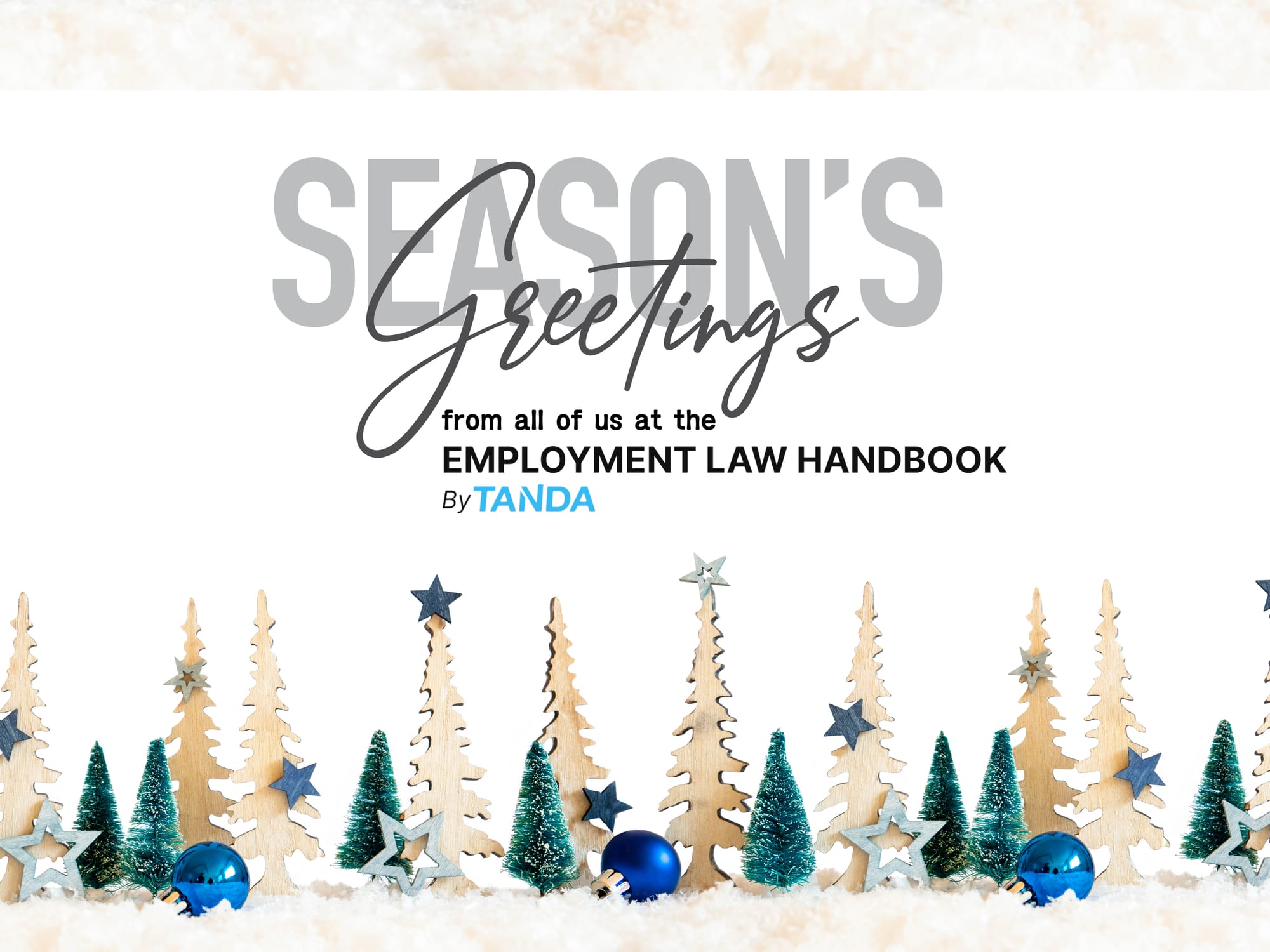Can an agreement be put to an employee vote despite no agreement being reached with a union?
Parties bargaining for an enterprise agreement under the Fair Work Act 2009 (Cth) (FW Act) are obliged to follow good faith bargaining principles. These include:
- a disclosure obligation, i.e. to disclose relevant information (other than confidential or commercially sensitive information) in a timely manner to other bargaining representatives; and
- a prohibition against capricious or unfair conduct that undermines freedom of association or collective bargaining.
Capricious conduct is conduct that is unaccountable, whimsical, irregular or unpredictable, or conduct that is not valid, defensible or well founded.
Unfair conduct is conduct that is not equitable or honest, or not impartial or according to the rules.
To undermine collective bargaining or freedom of association means to injure or damage including by secret or insidious means. Just because the employer’s conduct adversely affects the position of a union bargaining representative doesn’t mean the conduct undermines that position.
The good faith bargaining requirements do not require that an employer can take no action to protect its interests or to advance its position while bargaining is underway.
If an employer seeks to put an agreement to a vote without having participated in any meetings with employee bargaining representatives, and/or without having responded to or genuinely considered proposals advanced by employee bargaining representatives, this may ground a finding that the good faith bargaining requirements had not been met and might justify the making of a bargaining order restraining the conduct of the vote until those steps had been taken.
However, it won’t be a breach of good faith if negotiations for an enterprise agreement have reached a stalemate or an impasse, and the union was given a reasonable opportunity to discuss the employer’s latest proposal. If negotiations have reached such a stage, the employer is entitled to put its proposal to a ballot to see if progress can be made.
In Transport Workers’ Union of Australia v Veolia Environmental Services (Australia) Pty Ltd (2024), the union bargaining representative argued the employer breached the good faith bargaining principles by not telling the union that it was putting its proposed agreement to a vote.
The Fair Work Commission (FWC) disagreed, stating that the disclosure obligation (as far as it concerned the employer) applied to information relating to the employer’s business, rather than information about the employer’s negotiation strategies.
The union further argued the conduct, in putting the proposed agreement to a vote, was capricious or unfair conduct that undermines freedom of association or collective bargaining.
The FWC observed the employer had sought the union’s feedback on the proposed agreement on several occasions, including giving it 2 days to provide feedback prior to the agreement being put to the employees for consideration. The FWC considered that this did not amount to capricious or unfair conduct prohibited by the FW Act.

Get the latest employment law news, legal updates, case law and practical advice from our experts sent straight to your inbox every week.

